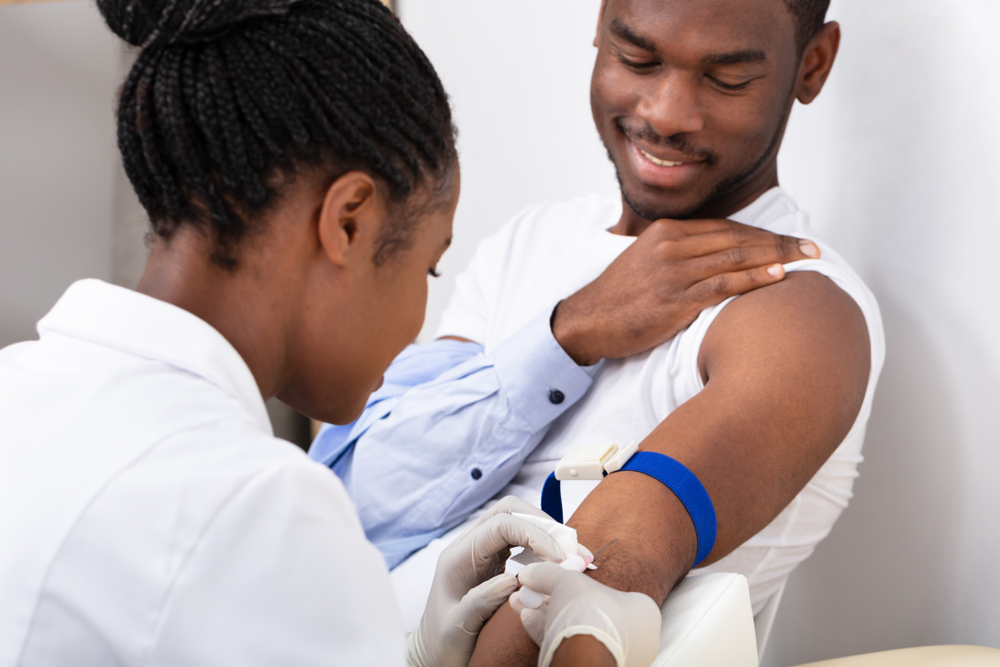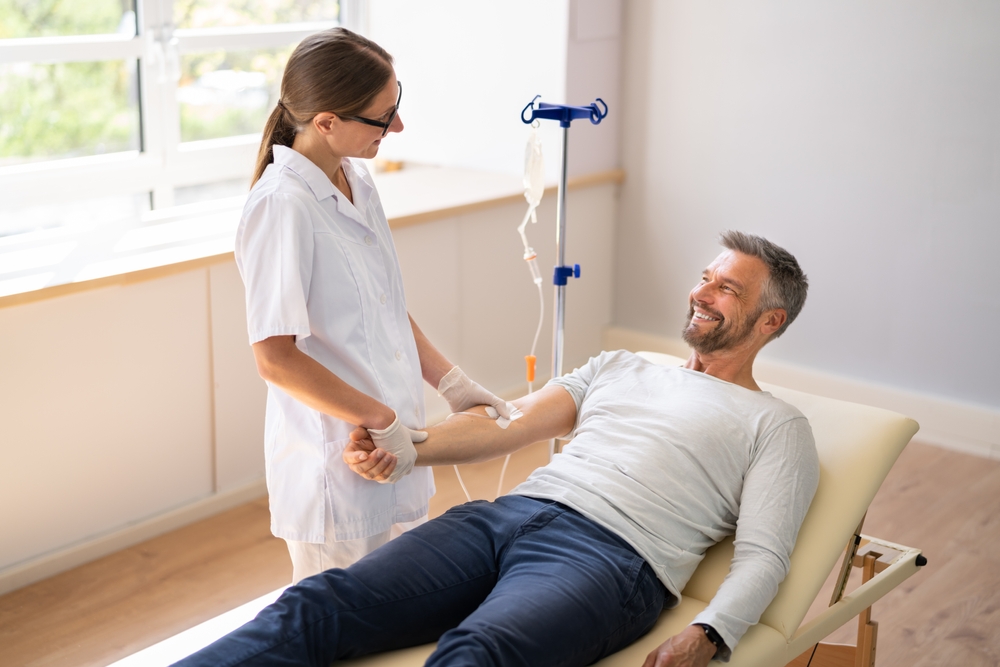Inpatient vs. Outpatient Drug Rehab: Which Path is More Successful?
If you’re considering addiction treatment for yourself or a loved one, it’s normal to feel overwhelmed by the options. Inpatient and outpatient drug rehab are the two main paths, but which one is the right fit? Deciding between these can feel like a big decision, especially when you want the best chance for recovery. So, in this article, we will compare inpatient vs. outpatient drug rehab and highlight their differences, benefits and challenges to help you decide which is best suited for your recovery journey.
What is Inpatient Rehab?
Inpatient rehab, also known as residential treatment, is where you or your loved one stays at a treatment facility full-time. This means you live, sleep, and receive care all in one place. It’s a highly structured environment designed to help you focus solely on addiction recovery without the distractions of daily life. The days are filled with therapy sessions, group activities, and other treatments aimed at helping you build new, healthy habits.
Benefits of Inpatient Rehab
One of the biggest advantages of inpatient rehab is that it provides a safe, substance-free environment with constant support. You’re surrounded by medical professionals and peers who understand what you’re going through. This 24/7 support can be a game-changer, especially if you’re dealing with a severe substance use disorder.
The structure of inpatient rehab helps remove temptations and gives you a chance to reset your life. Plus, being part of a community that’s all working toward the same goal can be incredibly motivating and reassuring.

Challenges of Inpatient Rehab
However, inpatient rehab isn’t without its challenges. It often costs more than outpatient programs because of the full-time care and accommodation. There’s also the need to step away from your regular responsibilities—work, family, or school—which isn’t always easy. But if you’re able to take this time for yourself, the focus and intensity of inpatient rehab can offer a solid foundation for long-term recovery.
What is Outpatient Rehab?
Outpatient rehab offers a different approach. Instead of staying at a facility, you attend scheduled therapy sessions while continuing to live at home. This option allows you to keep up with work, school, or other responsibilities. Outpatient programs vary in intensity, ranging from a few hours a week to more extensive commitments, like Partial Hospitalization Programs (PHP) or Intensive Outpatient Programs (IOP).
- Partial Hospitalization Programs (PHP): In a PHP, you’ll spend several hours a day at the treatment center, usually 5-7 days a week. It’s a lot like being in an inpatient program, but you get to go home at night. This setup gives you the structure and support you need during the day while still allowing you to sleep in your own bed and be with your loved ones in the evenings.
- Intensive Outpatient Programs (IOP): IOP is more flexible. You’ll attend therapy sessions a few times a week, usually for a few hours at a time. This way, you can still keep up with work, school, or other responsibilities. IOP helps you build the skills you need to stay on track while fitting more easily into your daily routine.
Benefits of Outpatient Rehab
Outpatient rehab is often more flexible and affordable. You can maintain your daily routines, stay connected with your family members and practice the skills you learn in real-time, right in your environment. This can make the transition back into everyday life smoother compared to an inpatient setting. Plus, being surrounded by your family and friends can help reinforce your progress.

Challenges of Outpatient Rehab
However, outpatient rehab also comes with its own set of challenges. Since you’re still exposed to daily triggers, temptations, and stressors, it requires a lot of self-discipline and a strong support network. The lack of constant supervision can be a downside if you’re struggling with severe addiction or have had trouble staying sober in the past. That’s why outpatient rehab works best when you have a safe and supportive home environment.
Comparing Success Rates: Which One Works Best?
When it comes to comparing inpatient vs. outpatient drug rehab, there’s no one-size-fits-all answer. The success of either option often depends on personal factors like:
- The severity of your drug or alcohol addiction
- Your support system
- Your readiness to commit to the program.
Both inpatient and outpatient rehabs can be highly effective when they align with your specific needs. That’s why reputable drug rehab centers often understand your personal information and history upfront before treatment. This allows them to customize your care for the best results.
Research shows that both types of programs can achieve similar success rates, especially when one’s matched with the right level of care. Inpatient rehab tends to be more successful for those with severe addictions or co-occurring mental health conditions due to the structured environment and intensive support. Outpatient rehab, on the other hand, can be just as effective for those with milder addictions or strong external support systems.
Treatment Options in Inpatient Vs. Outpatient Drug Rehab
Inpatient and outpatient programs offer a lot of the same core treatments. Both typically start with detox, where you’ll receive medical care to manage withdrawal symptoms safely. Once detox is complete, you’ll move into behavioral health sessions with a mental health counselor. These sessions are designed to help you uncover the root causes of your addiction, address underlying issues, and help you build healthier coping strategies.
The goal of these treatments is to help you get sober as well as arm you with relapse prevention tools to navigate recovery. You’ll learn practical ways to handle triggers, manage stress, and build a strong support system—skills that are essential for long-term success, no matter which rehab path you choose.
Treatment Options at More Than Rehab
At More Than Rehab, we offer flexible and personalized care to support your recovery journey.
MTR Houston, Texas Facility
Our Bryan location (just outside of Houston) provides detox, PHP, IOP and inpatient and outpatient options. Inpatient care offers 24/7 support in a structured setting, while our outpatient program allows you to attend therapy sessions and maintain your daily responsibilities.
MTR Dallas, Texas Facility
Our Tyler, TX facility (just outside of Dallas) offers outpatient services that include individual and group therapy, group support, and relapse prevention, all designed to fit around your schedule. You also get to enjoy a range of activities, like yoga, spiritual formation, etc., during your therapy journey.
The Watershed

Our new residential retreat is safe, secure, and serene. It is on 50 acres and offers PHP/IOP treatments as well. The Watershed is a place where you can fully focus on your recovery with comprehensive care.
MTR works closely with local organizations to ensure ongoing support, helping you stay connected and on track long after treatment. Our goal is simple: to help you or your loved one overcome addiction and build a healthy, productive life. Give us a call today. We are available24/7, all 365 days a year.








